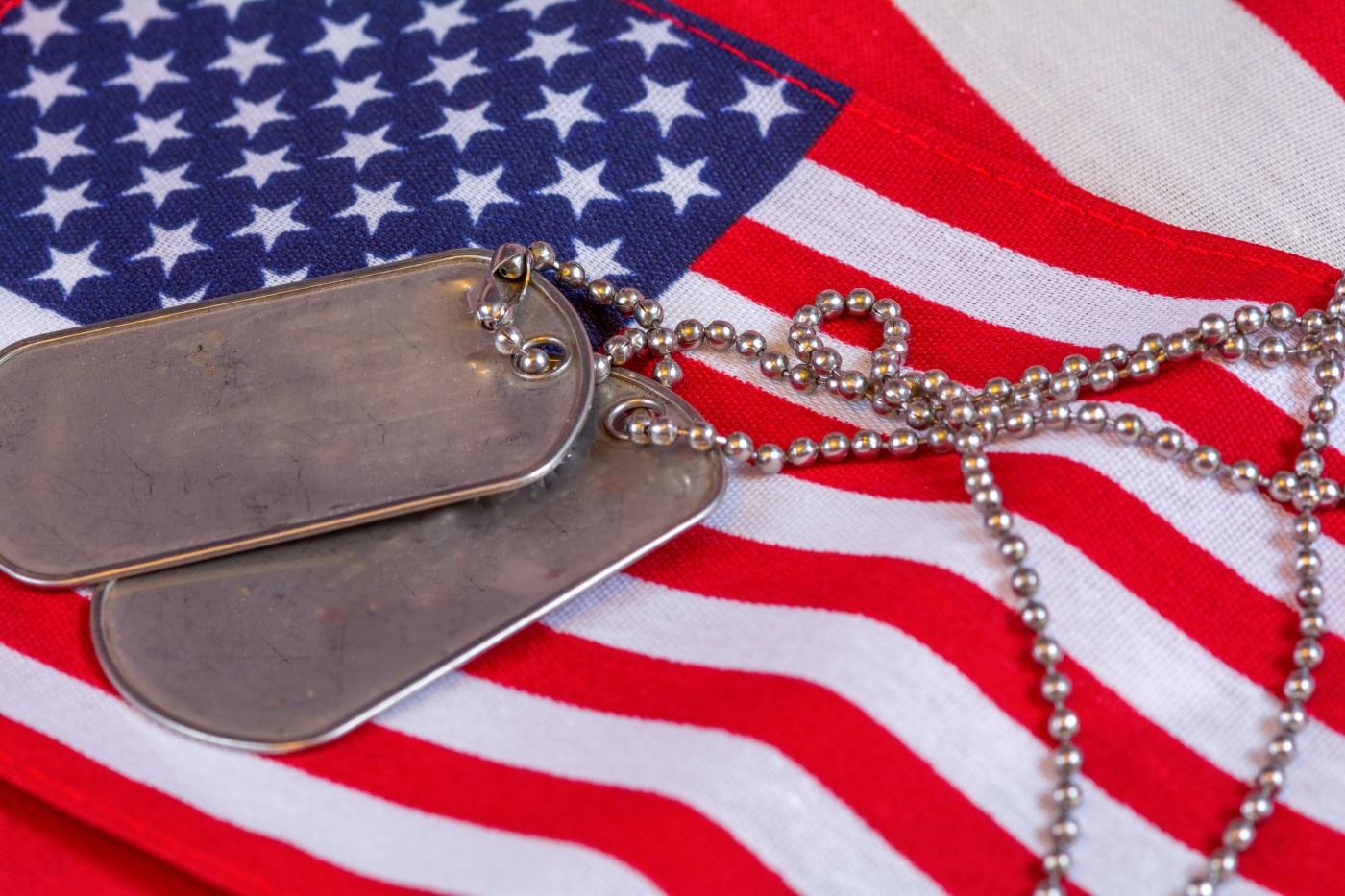Mitochondrial Damage Shown to Be Associated with Gulf War Illness in Veterans

The American Physiological Society (APS) recently announced a presentation by Dr. Yang Chen from Rutgers Biomedical and Health Sciences at the 2015 APS Conference: Physiological Bionergetics: From Bench to Bedside. The presentation was entitled “Mitochondrial DNA is damaged in military veterans with fatiguing conditions” and focused on the involvement of mitochondria in a medical condition called Gulf War Illness (GWI).
It is estimated that one in four Gulf War veterans suffers from GWI, a condition characterized by a group of medically unexplainable symptoms like chronic fatigue, insomnia, cognitive dysfunction, headaches and muscle/joint pain. It is thought that GWI may be linked to exposure to chemicals during deployment such as genotoxins, agents that can damage cellular DNA potentially causing mutations and cancer development.
It has been previously suggested that GWI-associated symptoms might be caused by a dysfunction of the mitochondria, small organelles considered the power-houses of cells where the energy for the body is produced. A deficient energy production can lead to a forced body slow down leaving the individual feeling tired. Now, researchers provide, for the first time, direct evidence of the involvement of mitochondria in GWI in Gulf War veterans.
Mitochondria have their own DNA, which encodes proteins required for the production of energy. Damage inflicted in the mitochondrial DNA can directly affect the organelle’s ability to function properly and produce the required energy. Interestingly, an increase in mitochondrial DNA quantities has been linked to disease.
In the study, researchers quantified the amount of mitochondrial DNA and its degree of damage in blood cells collected from veterans diagnosed with GWI. The team found that Gulf War veterans had a higher content of mitochondrial DNA and a greater mitochondrial damage in comparison to healthy non-deployed control individuals.
The team concluded that their findings support a link between mitochondrial dysfunction and GWI in Gulf War veterans. Researchers are, however, cautious and suggest, according to an APS press release, that “Future studies are necessary to confirm these findings and determine their association with mitochondrial function. Work in this area may guide new diagnostic testing and treatments for veterans suffering from GWI”.






